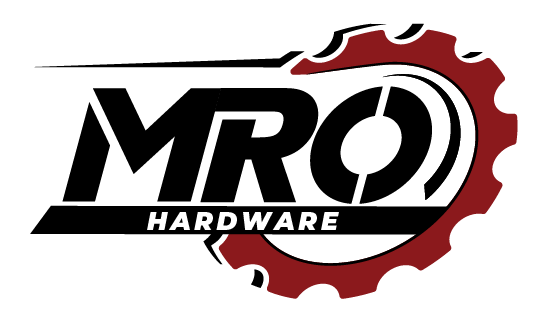In the ever-changing world of solar energy, the need for dependable and long-lasting fastening solutions is crucial. A range of solar fasteners, including screws, bolts, nuts, and rivets, are essential in constructing and up-keeping solar energy systems. Familiarizing oneself with the different kinds and uses of these fasteners highlights their significant role in enhancing the productivity and enduring nature of sun power generation.
Types of Fasteners in the Solar Industry
- Solar Screws: Designed explicitly for solar panel installations, these fasteners are typically crafted from materials like stainless steel or aluminum that resist corrosion, ensuring lasting durability under various environmental conditions. Additionally, solar screws often feature specialized coatings to boost their ability to withstand corrosion.
- Bolts: Used in securing solar panels to mounting systems or frames, bolts in the solar industry are often made from strong, weather-resistant materials. They ensure a secure fit, holding panels in place even in harsh weather conditions.
- Nuts: Nuts, when used in conjunction with bolts, provide added security. Like bolts and screws, nuts for solar applications are made from materials that can withstand environmental stressors, ensuring the long-term stability of solar installations.
- Rivets: Rivets are used in solar panel installations where a permanent, tamper-proof fastening solution is needed. They are particularly useful in mounting systems and securing components that do not require regular adjustments or disassembly.
Contribution of Solar Fasteners to the Solar Industry
- Durability: Given the outdoor nature of solar panels, fasteners used in solar installations must be robust and resistant to elements like UV radiation, rain, and extreme temperatures. The durability of these fasteners directly impacts the longevity and maintenance requirements of solar systems.
- Safety and Reliability: Properly chosen and installed solar fasteners ensure the structural integrity of solar installations. They play a crucial role in keeping solar panels securely in place, which is vital for both safety and consistent energy production.
Applications
- Residential Solar Installations: In residential solar installations, professionals use fasteners to attach solar panels to rooftops, ensuring that the panels remain securely in place.
- Commercial and Utility-Scale Solar Farms: In large-scale solar projects, professionals use these parts in the construction of solar arrays. These help guarantee the stability and reliability of vast installations.
- Portable Solar Units: For portable solar installations, fasteners enable quick assembly and disassembly while providing necessary support and stability.
- Solar Tracking Systems: In systems where panels move to track the sun, these parts must offer flexibility and strength to accommodate movement without compromising stability.
Conclusion
In conclusion, these fasteners are a small yet crucial component in the energy sector. We cannot understate their role in ensuring the safety, durability, and efficiency of solar installations. As the solar industry continues to expand, the demand for reliable fasteners will grow. This will highlight their importance in harnessing the power of the sun effectively and sustainably.

